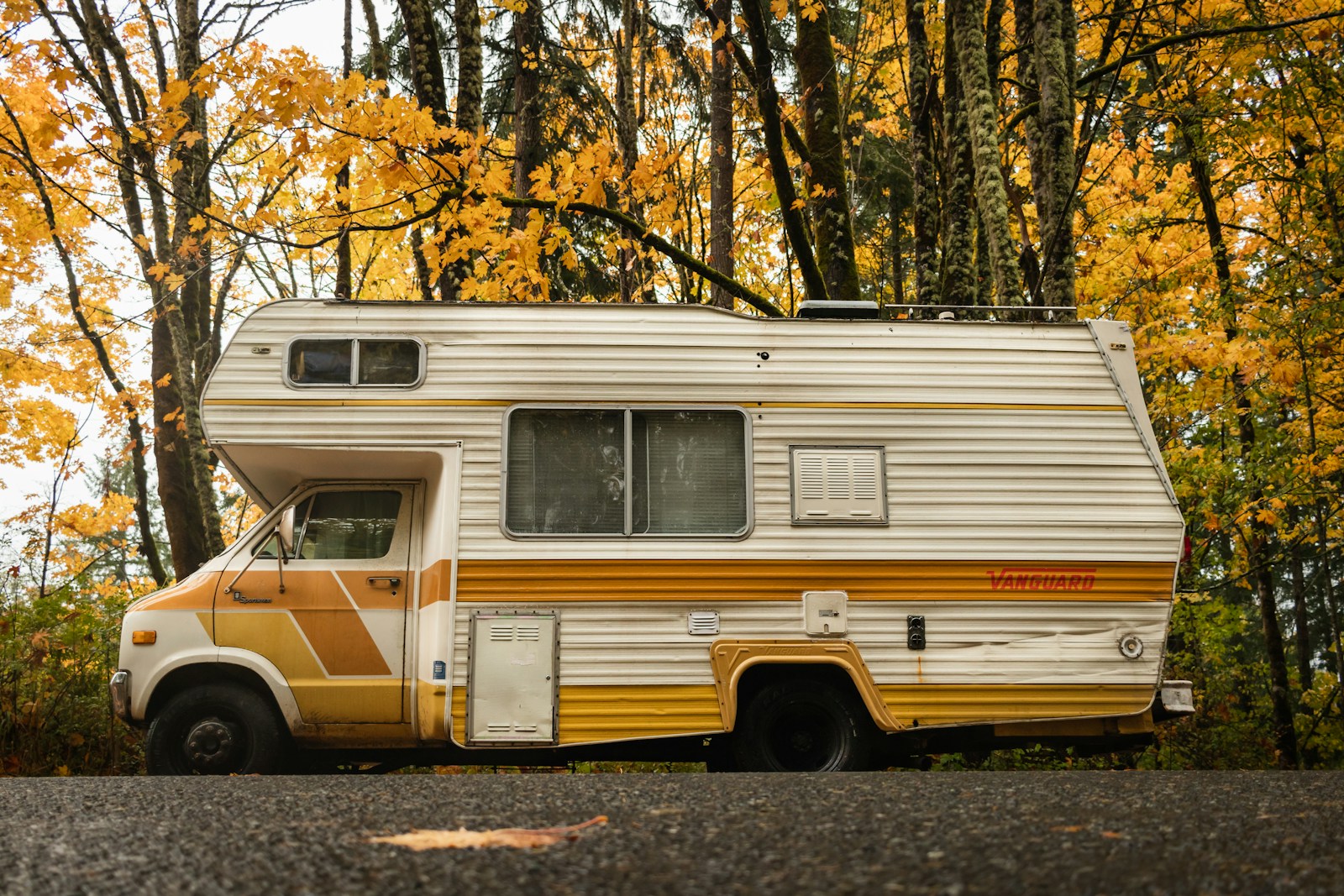
How to Insure Your RV While in Offseason Storage
If you own a motorhome, camper, travel trailer or other recreational vehicle (RV), you should be mindful of insurance needs. These large automobiles represent significant financial investments and may require consideration of many risks and exposures. Even if you’re more of a seasonal traveler and plan to store your RV for the offseason, coverage may be essential.
Why Do I Need Insurance While Storing My RV?
Although you may not be taking your RV out on the road or using it as a temporary residence during the offseason, your vehicle remains a valuable asset that can be impacted by various incidents and perils. Even while in storage, your RV could be damaged by the following incidents:
- Theft
- Vandalism
- Being struck by other vehicles (e.g., in a shared garage)
- Fires
- Water damage
- Severe weather
- Falling objects (e.g., tree limbs and rocks)
What Should I Consider When Insuring a Stored RV?
When putting your RV in storage, you may want to consider various options. While adjusting your coverage can potentially save money during the offseason, being underinsured could have far greater financial ramifications. Think about the following:
- Reduced coverage—Storage-only RV coverage may be a viable option and functions similarly to comprehensive coverage within an RV or auto insurance policy. As such, it may help pay for losses arising from theft, fires, vandalism, weather and animals while your vehicle is stored.
- Storage conditions—Where you plan to park your RV could influence your coverage needs. For example, if you’re leaving it in a shared lot, you may want to retain collision coverage, as other vehicles could bump into yours, and you would likely not be present to identify the at-fault party. Alternatively, if you store your RV at your home, it may be covered by your homeowners insurance.
- Carrier perceptions—Although adjusting your coverage for the offseason may have financial incentives, some insurance carriers may be less likely to renew or offer policies if you have a history of frequently making changes.
We’re Here to Help
At Ramos Insurance in Streamwood, Illinois, our knowledgeable team can help you explore offseason coverage options for your RV. Contact us today to begin.
This blog is intended for informational and educational use only. It is not exhaustive and should not be construed as legal advice. Please contact your insurance professional for further information.
Categories: Sin categorizar, RV Insurance
